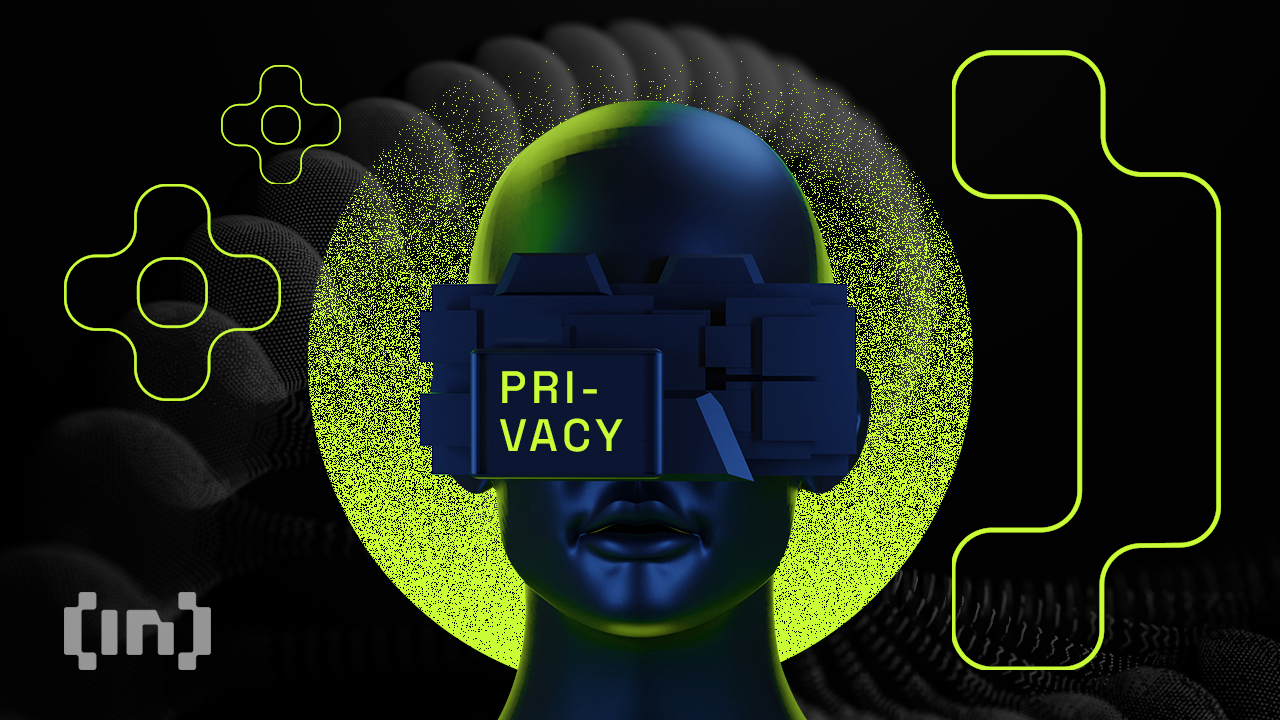Binance Backtracks on Delisting Privacy Coins in the EU

In a surprising turn of events, Binance has reversed its decision to delist seven privacy-focused tokens in several European Union (EU) nations. The move comes after developers behind Verge (XVG) and Secret (SCRT) cryptocurrencies announced that their tokens had been saved from the scheduled delisting on Monday.
Binance had previously sent an email in May to customers in France, Italy, Spain, and Poland, stating that it would cease trading services for twelve cryptocurrencies that enable anonymous transactions. This decision was prompted by the adoption of the Markets in Crypto Assets (MiCA) regulation by the European Union. MiCA introduces the “travel rule,” which requires crypto-asset service providers to collect certain information about the sender and receiver of crypto transfers. However, this contradicts the fundamental purpose of privacy-enhancing coins like Monero, which aim to facilitate anonymous transactions.
The delisting of privacy coins has been a growing trend in Europe, with major exchanges such as Kraken, Huobi, and Bittrex already removing coins like Monero and Dash from their platforms. Other countries, including Dubai, Japan, and South Korea, have gone a step further by banning privacy coins outright and explicitly prohibiting their trade and issuance.
Initially, Binance had announced that it would stop trading all affected tokens from June 26. However, the teams behind Verge and Secret recently confirmed that their tokens would not be delisted from the exchange in European countries.
Verge announced on Thursday that XVG would remain unaffected by Binance’s trading restrictions on privacy coins, while the Secret Network tweeted on Friday that SCRT would also avoid delisting.
In addition to Verge and Secret, Decred (DCR), Navcoin (NAV), Zcash (ZEC), Dash (DASH), and PIVX will reportedly continue to be listed on Binance.
The decision by Binance to reconsider the compliance risks associated with privacy-enhancing coins raises important questions. Why did Binance backtrack, and why are certain privacy coins deemed acceptable while others are not?
One possible explanation is that coins like Monero are solely focused on facilitating anonymous transactions. On the other hand, some of the affected tokens, such as the Secret Network, offer a broader range of use cases. For example, while the Secret Network enables privacy, it primarily emphasizes its function as a smart contracts platform and the ability to store sensitive data on-chain.
Supporters of privacy coins argue that financial transaction records should be considered personal data, and tools for anonymizing transactions are just as crucial as other data protection measures. Therefore, Binance’s decision to reconsider delisting these coins offers a glimmer of hope for the technology. Privacy advocates contend that these tokens play a vital role in safeguarding financial freedom in the face of increasing state surveillance.
As the regulatory landscape continues to evolve, the fate of privacy coins remains uncertain. However, for now, the reprieve granted to these seven tokens on Binance provides a positive signal for the future of privacy-enhancing technologies.

